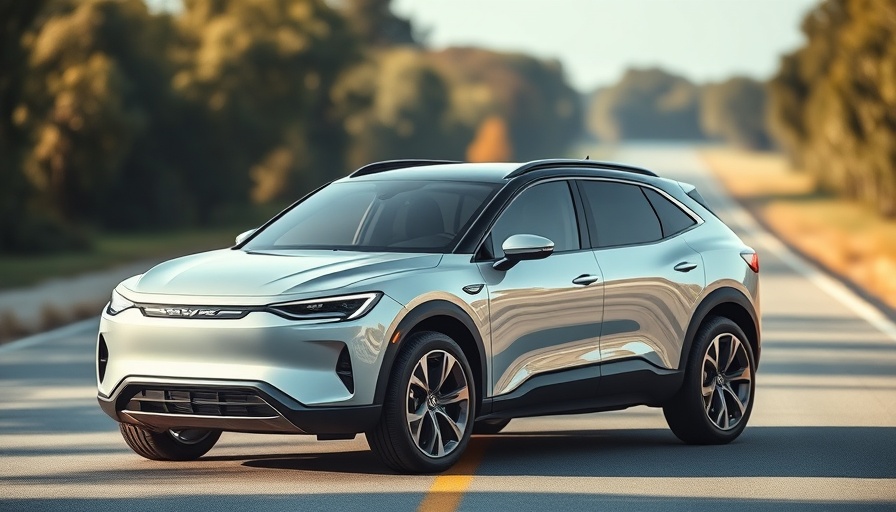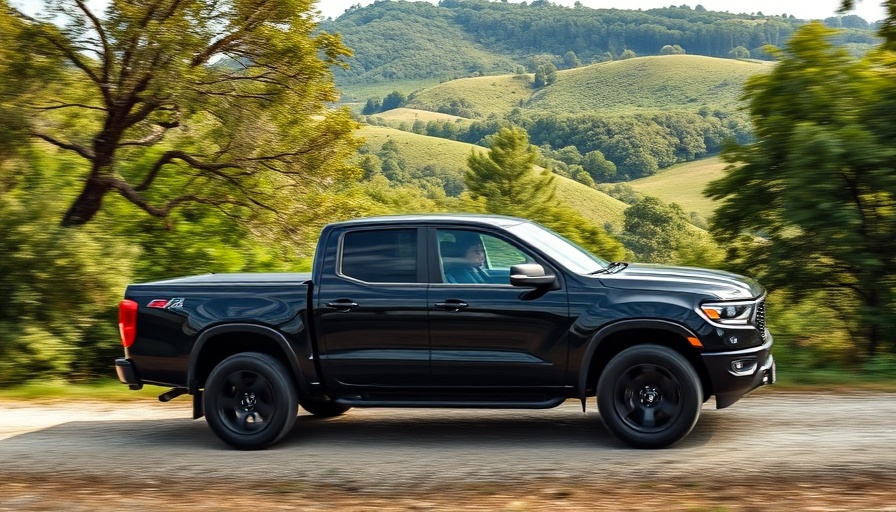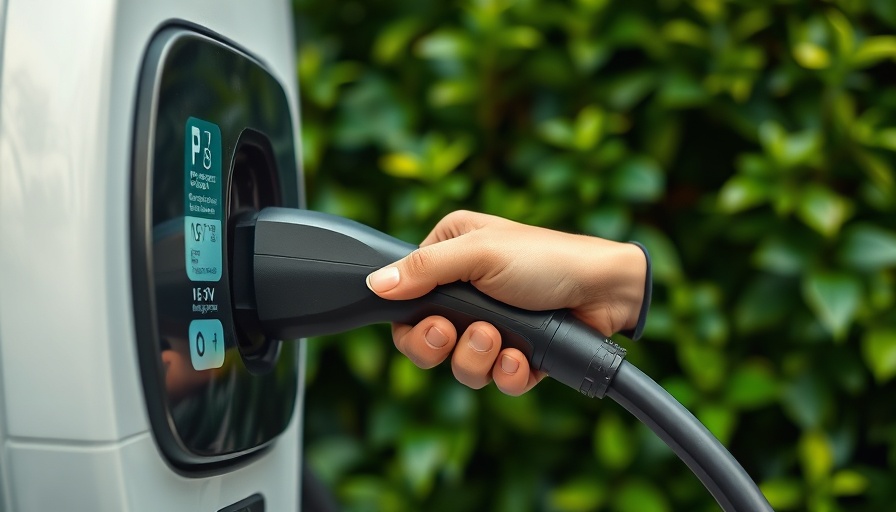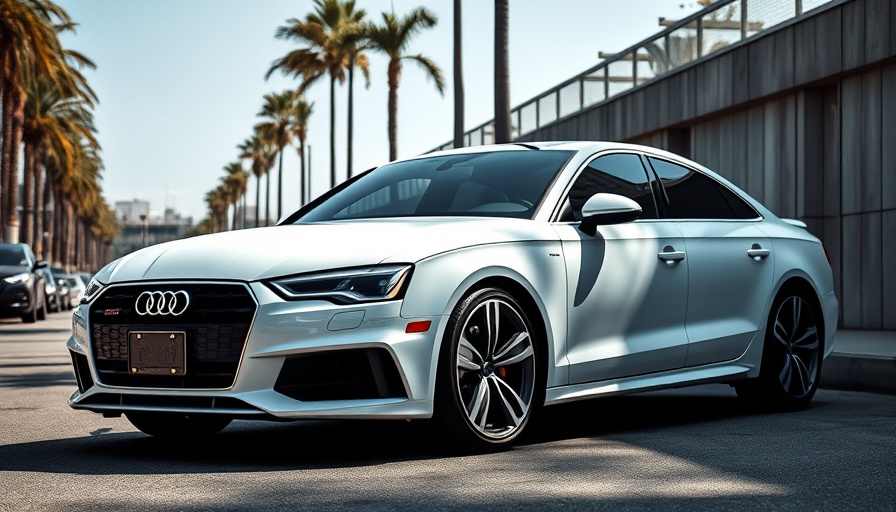
The Future of Electric Vehicles: Chrysler's Pause Raises Questions
Stellantis, the parent company of Chrysler, recently announced a halt in the development of the Chrysler Airflow electric SUV, sparking conversations among industry insiders and consumers alike. Initially unveiled as a promising entry into the electric vehicle (EV) market, the Airflow was meant to showcase Chrysler's commitment to innovation and sustainability. However, the decision to pause development has led to questions about Chrysler’s long-term strategy in the rapidly evolving automotive sector.
Assessing Market Needs: Why Chrysler Pressed the Pause Button
The spokesperson for Stellantis cited a need to assess market conditions and consumer preferences as the primary reason for putting the electric SUV project on hold. This move underscores a crucial trend in the automotive industry: volatility and rapid shifts in consumer expectations. As automakers strive to meet the demand for sustainable transportation, understanding customer insights becomes an essential part of their strategy.
A Glance at Chrysler's Legacy and Future Plans
Chrysler has a storied legacy in automotive innovation, with roots tracing back to the early 20th century's push for aerodynamic design. The original Chrysler Airflow, released in the 1930s, introduced groundbreaking characteristics that defined future vehicle designs. Fast forward to today, and it's clear that the brand aims to honor its heritage while striving to meet present-day demands with new electric models. While the electric SUV faces a delay, Chrysler has confirmed plans for a refreshed Pacifica and a new crossover SUV, illustrating the brand's ongoing commitment to evolve.
The Electric Vehicle Landscape: Competition and Adaptation
The automotive market is currently flooded with competitors all vying for a share of the burgeoning electric vehicle landscape. Major companies have already established successful EV lines, which shows the steep uphill battle faced by newer entries. The decision to halt the Airflow's development could indicate that Chrysler is recalibrating its approach to better combat this competition, ensuring that any new offerings are well-aligned with market trends and consumer desires.
What This Means for Dealerships and Consumers
For e-bike dealerships and electric vehicle distributors, the halt in Chrysler's electric SUV presents not only a challenge but also an opportunity. Understanding the needs of local markets becomes ever more crucial as shopper preferences shift rapidly toward sustainable transport solutions. This pause might compel dealerships to diversify their offerings and deepen their partnerships with brands already successful in the EV space.
The Road Ahead for Chrysler and the Electric Vehicle Market
The halt in the Chrysler Airflow's development highlights a significant moment in the electric vehicle landscape, urging manufacturers to stay nimble and responsive. While the public eagerly awaits Chrysler's next moves, this development may very well redefine their strategy moving forward. For dealerships and potential buyers, the landscape continues to evolve, emphasizing the importance of keeping abreast of industry shifts and innovations.
 Add Row
Add Row  Add
Add 




Write A Comment